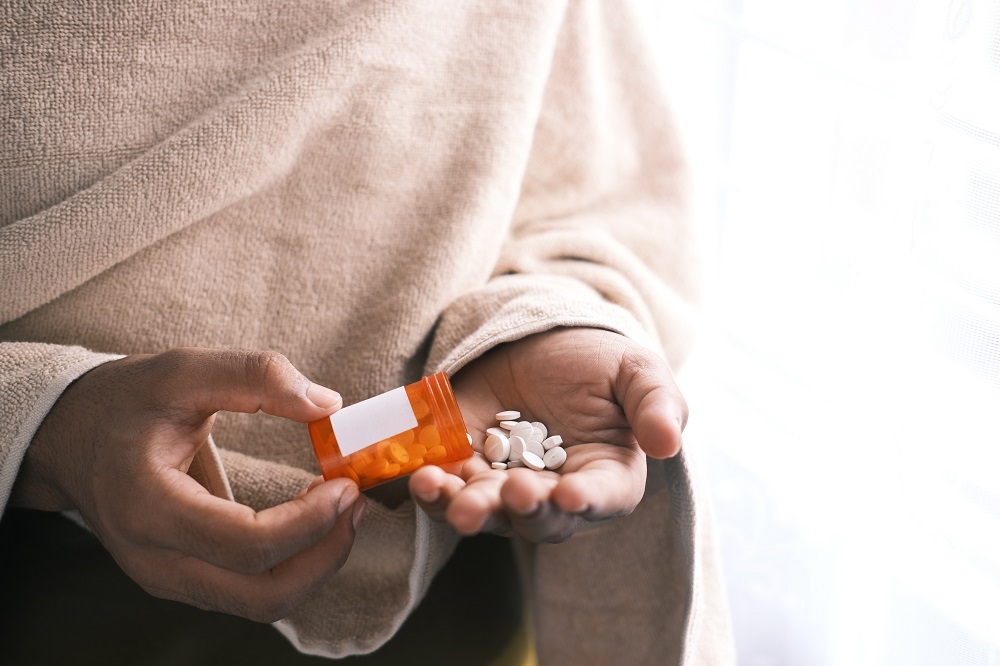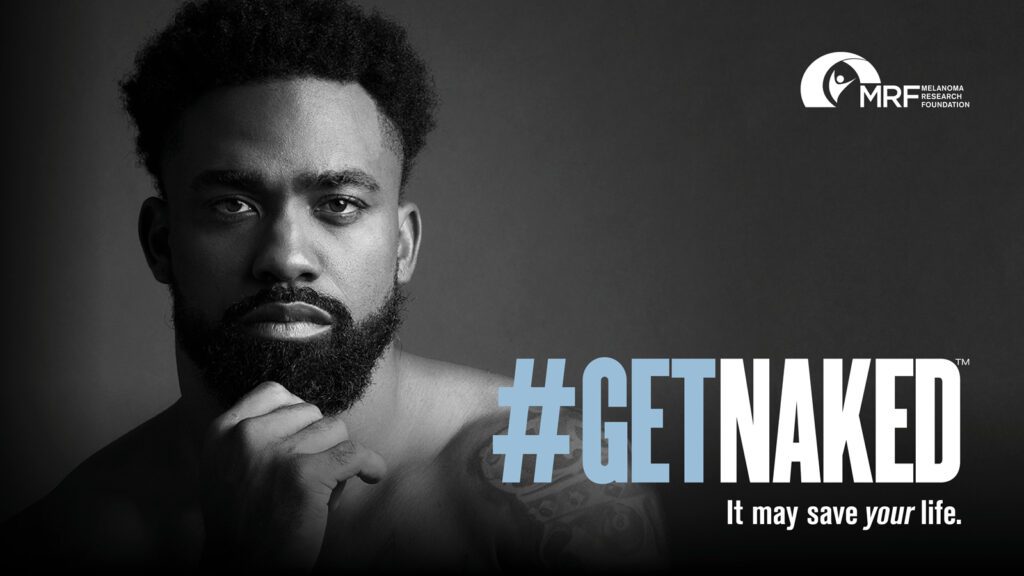Modern medicine wouldn’t be what we know today if it weren’t for the discovery of antibiotics and antimicrobials. But as we approach World Antimicrobial Resistance (AMR) Awareness Week, we’re reminded that too much of a good thing can turn into a global health threat.
The misuse, overuse, or improper use of antimicrobials is the leading cause of AMR, which is directly linked to an estimated 1.3 million deaths annually around the globe.
To help raise awareness, Bradley Burnam shared his story on the November 14 episode of I am BIO podcast – a harrowing journey that made him go from patient to “mad scientist” to founder and CEO of the biotech company Turn Therapeutics.
Initially working in medical device sales, Bradley spent most of his days in and around hospitals, operating rooms, and patients. Along the way, he contracted an infection that turned into an abscess behind his ear – which he was unaware of until one day he woke up swollen and bruised. He was ordered an emergency resection – a procedure in which he had parts of his skin and cartilage removed from the infected area. After the surgery, he was prescribed antibiotics and told to come back for a check-up but to his shock, he would keep coming back.
Bradley had what is known as gram-negative bacteria, a superbug resistant to most available antibiotics.
“20 surgeries and multiple antibiotic cocktails could not stop the resistant bacteria,” says podcast host Theresa Brady. “It kept coming back.”
DIY or die?
Desperation kicked in. Bradley took it upon himself to find a solution. After doing extensive research, he turned his garage into what he jokingly described as looking like a “meth lab,” where he ultimately created an effective antimicrobial dressing.
He contacted a few labs and sent samples of his dressing for testing to see how the infection he was battling would respond to the treatment.
“I paid them to see how well this concoction worked against the organisms that I was battling, and they sent me very colorful, wonderful reports saying, you know, ‘It kills 99.99 plus percent of this organism.’ And I knew I was onto something,” he explains.
Later on, he received Food and Drug Administration (FDA) approval and founded his company, Turn Therapeutics.
The antibiotics business model is broken
That’s what Kevin Outterson says. As the Executive Director of CARB-X, his mission is to drive government funding for the development of novel antimicrobials and vaccines.
“Unlike other drugs, you actually don’t want to use them. You want to take the new antibiotic and use it as little as possible,” he explains.
But while curbing antimicrobial resistance is great for public health, it’s not good for business, says Outterson, adding that many companies that have attempted to create new antimicrobials have ended in bankruptcy.
CARB-X provides small companies with early-stage funding in an effort to help them innovate and develop new antibiotics and antifungals that would replenish the global antimicrobial pipeline.
“It takes a product from the moment, which it’s a good idea that’s left the university all the way up until the moments in which it’s been successfully first tested in people. Most of the companies that CARB-X partners with are actually very small. There might be a biotech that has 5 or 10 or 15 people in it,” he explains.
But companies can only do so much without the right policies in place.
Creative solutions, like the bipartisan PASTEUR Act could help transform the market, as well as create a sustainable flow of new and effective antibiotics.
“The PASTEUR Act is like a subscription. It says that the company will get paid for bringing the antibiotic that meets the highest quality standards and is approved by the FDA, and they’re gonna get paid the same every year for a decade, a significant amount that rewards their investors and makes it clear that there’s a positive economic case for being an antibiotic R&D company,” he concludes.
Listen to the I am BIO Podcast at www.bio.org/podcast or your favorite podcast app.




